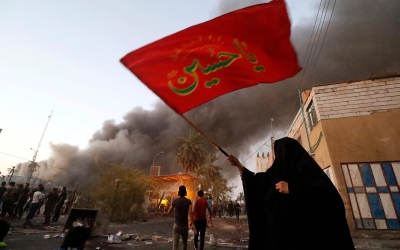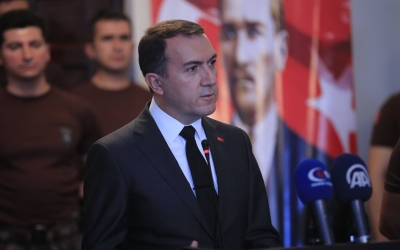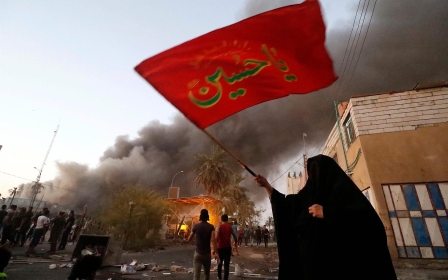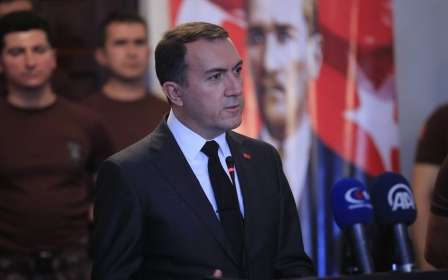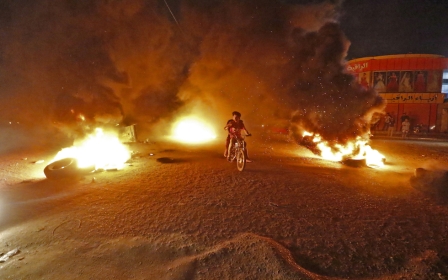US to allow Iraq to import Iranian energy for three more months amid fears of unrest
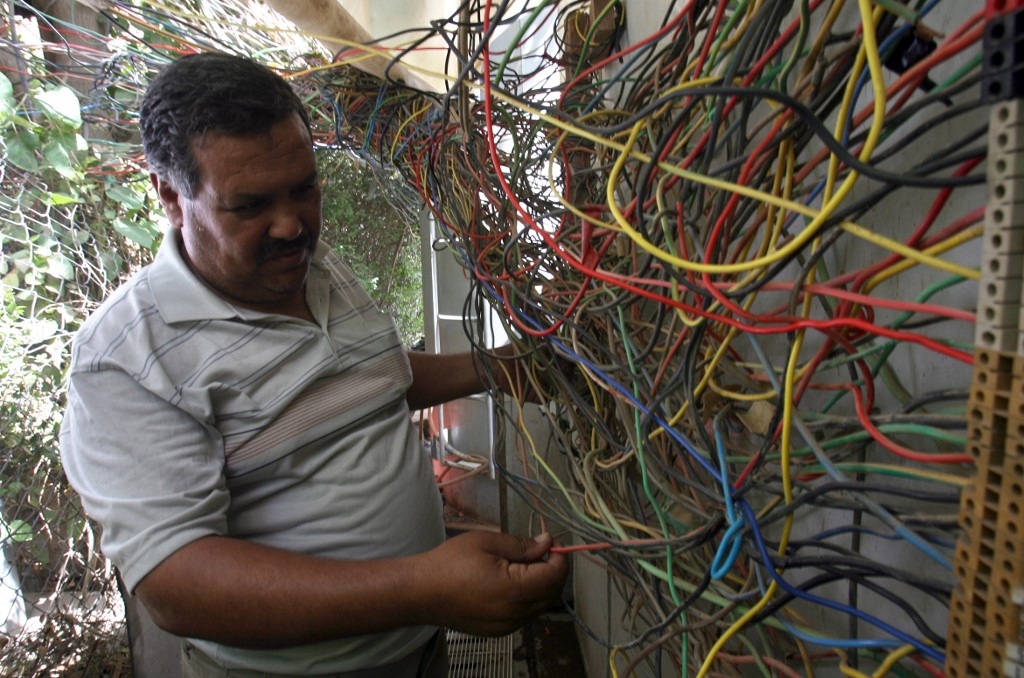
Washington has allowed Iraq to import Iranian gas to power its electric grid for another three months by extending a waiver to the country over US sanctions against Iran, but insists that Baghdad seek alternative sources.
Iraq has had several extensions to the waiver first granted last year after Washington reimposed sanctions on Tehran's oil sector forbidding countries from purchasing Iranian energy.
Analysts had warned of a repeat of last year's demonstrations over energy shortages if the waiver wasn't extended.
An Iraqi government source who wished to remain anonymous told the Reuters news agency that the extension was given during a phone call between Iraqi Prime Minister Adel Abdul Mahdi and US Secretary of State Mike Pompeo.
Iraq's last waiver on Iranian sanctions - which were reimposed on the country by US President Donald Trump in November - was set to expire on 18 June.
He gave Iraq an initial 45-day waiver to continue buying electricity and natural gas from Tehran, and in December Washington granted Baghdad a 90-day extension
Baghdad's reliance on Iranian electricity accounts for around 35 to 40 percent of Iraq's power. Washington has encouraged Iraq to wean itself from Iranian electricity.
Officials in Baghdad have said they might need years to wean the country of Iranian power.
Iraq relies heavily on Iranian gas to feed several power stations, importing roughly 1.5bn standard cubic feet per day via pipelines in the south and east.
Protests
Last summer saw numerous provinces - mostly notably Basra - erupt into demonstrations and clashes over a lack of electricity, among other things, as temperatures soared over 50 degrees and power cuts made keeping cool near impossible.
The whole ordeal eventually cost then prime minister Haider al-Abadi his career.
Though there has been a change of government since then, little appears to have improved, and anger is starting to boil over again.
Sporadic demonstrations have begun to kick off in the southern provinces over continued electric shortages.
On 11 June, around 30 people demonstrated outside the Majnoon oil field, protesting over lack of services but also the longstanding complaint that jobs in the country's flagship industry were not being allocated to locals.
In neighbouring Dhi Qar province, students at the Dhi Qar university protested against electricity cuts on 28 May, while on 4 June there were protests outside an electricity company in Qurna, north of Basra city.
Lobbying efforts
"Mahdi's fear is a repeat of 2018 and that he will fall from office," Iraq analyst Joel Wing told Middle East Eye.
"He's in a far weaker position than Abadi with no coalition behind him but rather two competing lists."
Although Iraq has one of the world's largest natural gas reserves, it has moved slowly to develop them.
President Donald Trump's administration has said oil-rich Iraq must become more self-reliant for its electricity, including by harnessing gas energy and reducing flaring at oil production sites.
US energy giant General Electric is in the running to win a large share of multibillion-dollar contracts to rebuild Iraq's electricity system amid intense US lobbying efforts.
Middle East Eye delivers independent and unrivalled coverage and analysis of the Middle East, North Africa and beyond. To learn more about republishing this content and the associated fees, please fill out this form. More about MEE can be found here.


